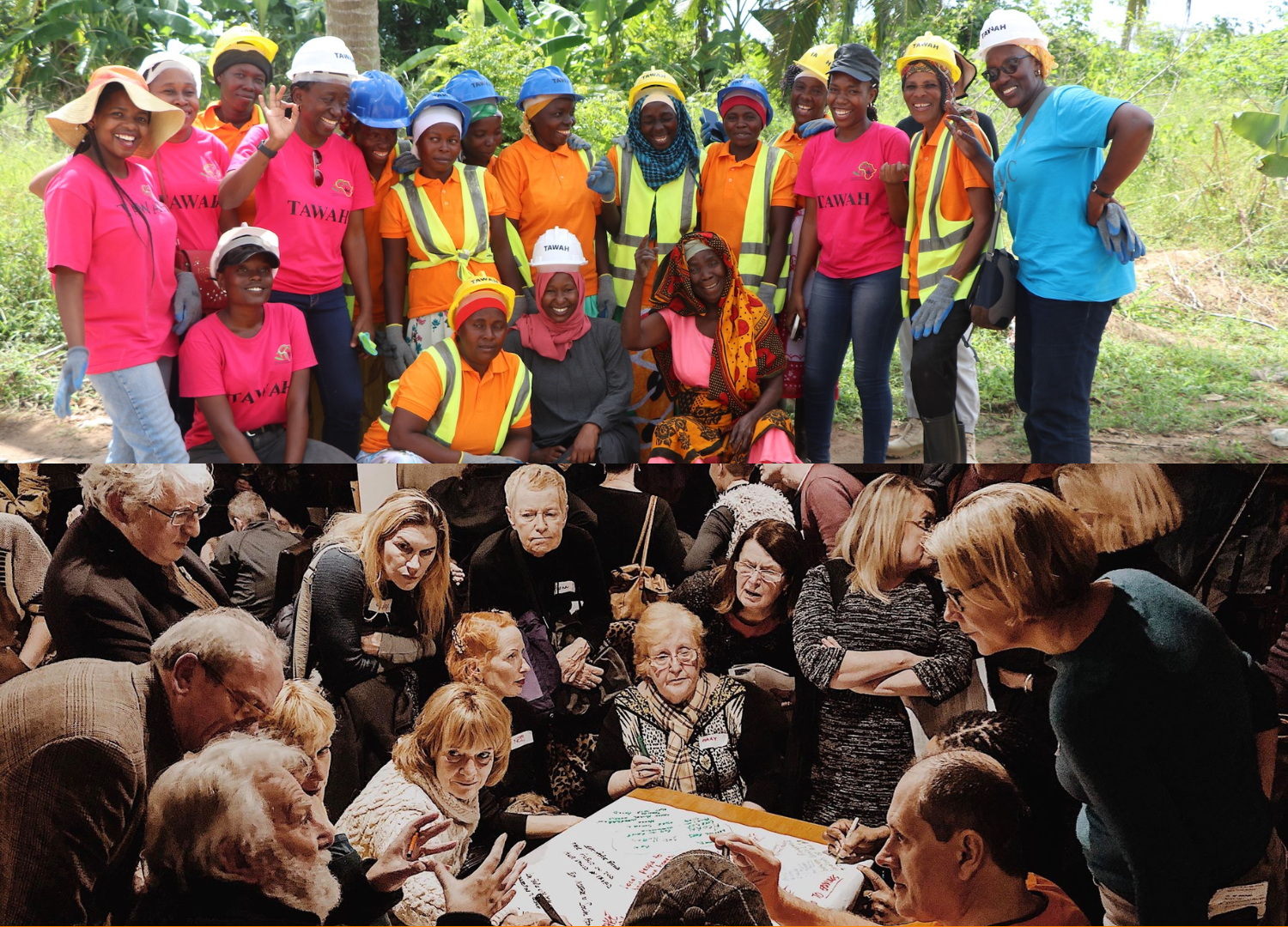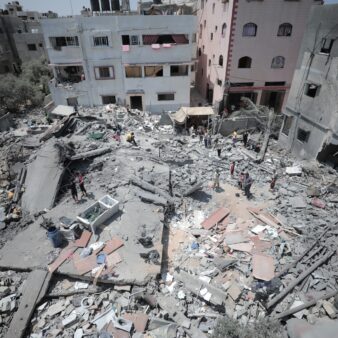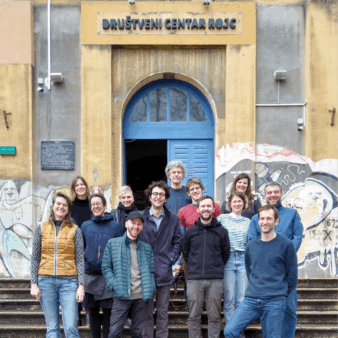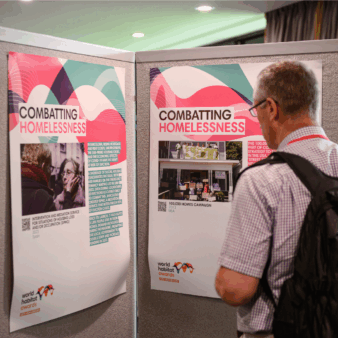
In this blog, Chair of the Board of Trustees at World Habitat, Adam Challis, reflects on the deepening crisis in international aid and the urgent need for new approaches. As traditional funding sources shrink and operational barriers grow, he calls for bold, innovative strategies that empower communities to lead the way. Highlighting the inspiring work of the 2025 World Habitat Awards gold medallists, Adam shows how local solutions can drive global change — even in the toughest of times.
The world of international aid has been upended. Close to $60bn of annual USAID funding was stopped, almost literally overnight. Elsewhere in Europe and beyond, there have been direct reductions in foreign aid budgets that take this total higher still, with devastating impacts on lives in some of the world’s least resilient locations.
The crisis in international aid is deep and profound, while the relative silence of its deadly implications is deafening. But it isn’t just the funding side of the ledger that’s preventing NGOs from helping those in most need.
Recent World Habitat research highlights 60 nations that have imposed restrictions on the work of international aid organisations, for fear of exposure to outside influence, or the risk of scrutiny and criticism. Whether the reasons are well-founded or otherwise, these barriers can be measured in terms of real lives lost and countless more that are prevented from having access to safe and secure housing. For many communities, all that is left is hope – that those with the resources and resolve to make a difference will find a way through and continue to stand by them.
Yet hope is not a strategy. World Habitat is an action-orientated charity and we celebrate organisations that see the role of providing safe and affordable homes for marginalised and displaced persons with the same level of vigour. We look for innovation and opportunities for translational growth through networks and tailor our support to our partner’s needs and contexts, working with them to unlock their potential. We also share our learning with other funders who are interested in effective housing approaches.
When I look to the 2025 World Habitat Award gold medal winners, I see the best of what we seek to identify and scale up in the world. The Tanzania Women Architects for Humanity (TAWAH) empowers women by teaching them new skills, supporting their development and investing in their communities. In the UK, Hastings Common was set up to transform derelict and unused buildings into homes, social spaces and workspaces that will always be affordable and accessible to all of the town’s residents. Both worthy winners provide solutions from the community, for the community – local innovations with the power to inspire and be adapted far beyond their place of origin.
It is a true honour and privilege to chair the Board of Trustees at World Habitat. In the 40th anniversary year of the World Habitat Awards and nearing the 50th anniversary of the organisation itself, there is a humbling history of practical experience that can be leveraged to drive positive impact.
There is so much promise in our strategy, with the ambition to do even more to support the work of truly remarkable organisations around the world. Working together and using networks to extend our reach will be a big part of the future under more limited aid. We need to accept this new reality and seek the solutions that help communities to best help themselves.
CTA – Meet the 2025 World Habitat Awards gold medallists and other housing champions at our ‘Homelessness and Affordability’ conference in London on 12 June.




Join the discussion